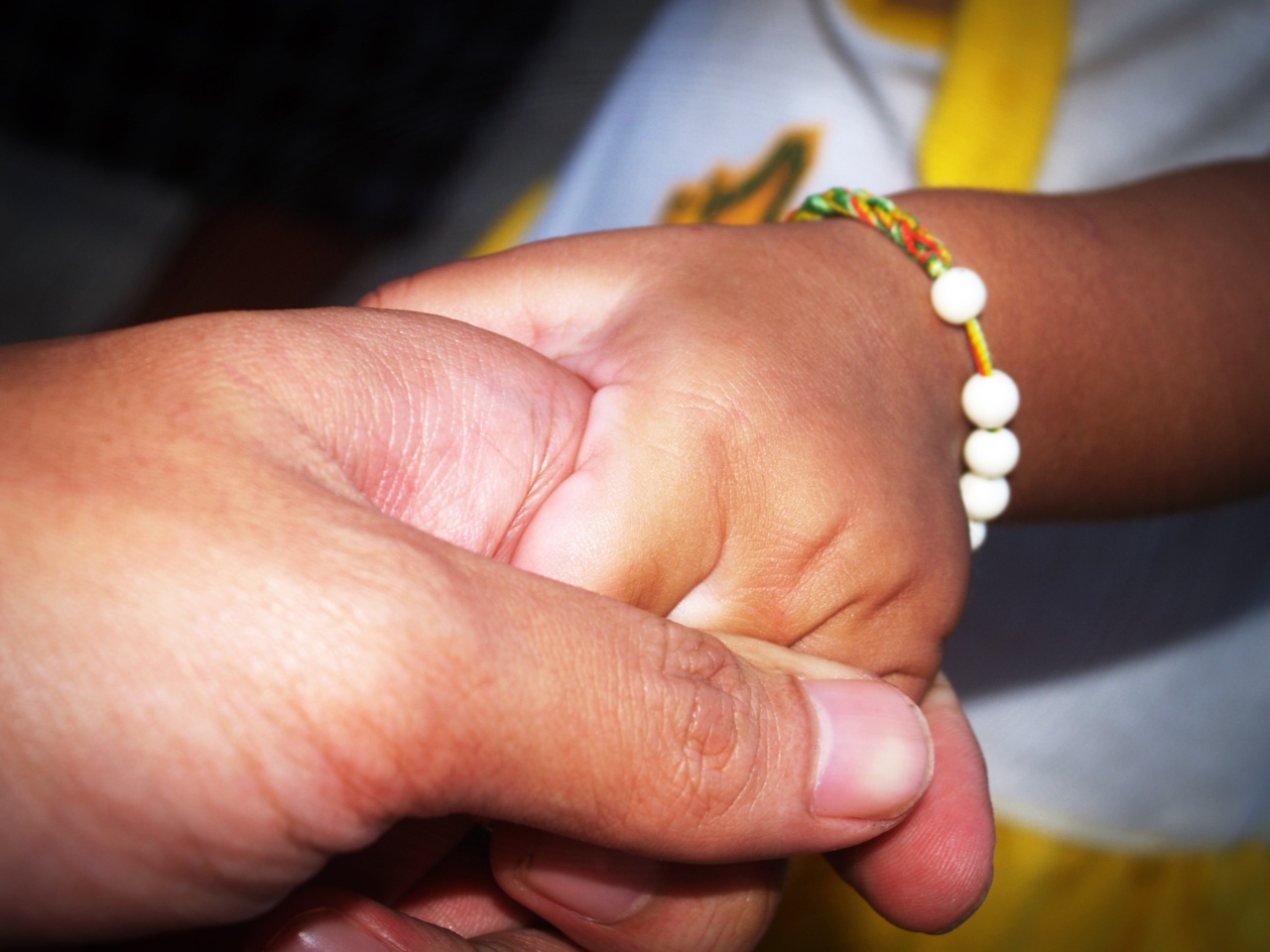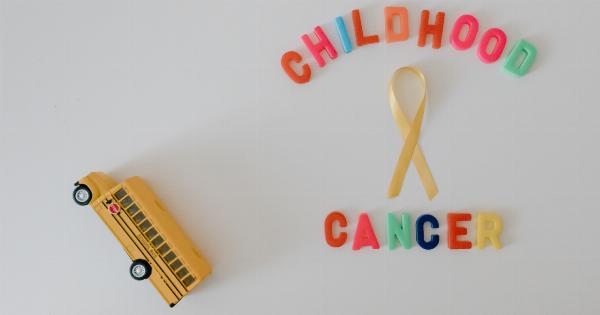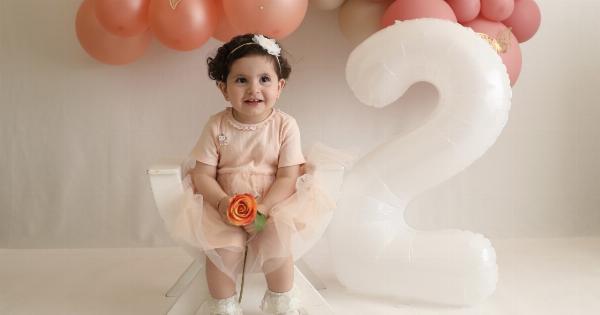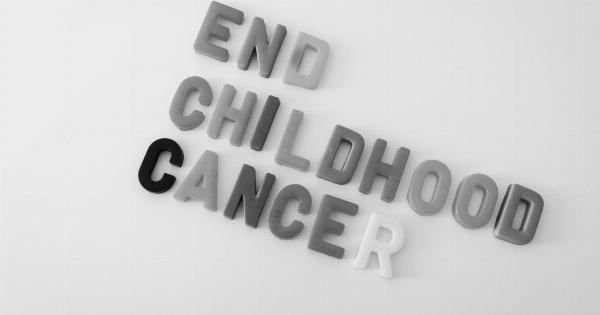Cancer is a terrifying disease, and it is even worse when it affects innocent children. Childhood cancer is not a common occurrence, but it is incredibly devastating for the children, their families, and their friends.
The treatment process for childhood cancer is typically long and requires a significant amount of medical intervention, which can leave a lasting impact on the child’s physical and emotional well-being.
Causes of Childhood Cancer
The exact causes of childhood cancer are still unknown. It is believed that most childhood cancers occur due to genetic mutations that happen during fetal development.
However, certain environmental factors can also contribute to the development of cancer in children. These factors include exposure to toxic chemicals, radiation, and other harmful substances.
Types of Childhood Cancer
Childhood cancer can take many different forms, and each type of cancer requires a unique treatment plan. Some of the most common types of childhood cancer include:.
- Leukemia
- Brain and central nervous system tumors
- Lymphoma
- Neuroblastoma
- Wilms tumor
- Rhabdomyosarcoma
- Bone cancer
- Sarcomas
Symptoms of Childhood Cancer
Early detection of childhood cancer is critical to the successful treatment of the disease. Some common symptoms to watch out for in children include:.
- Fatigue and weakness
- Unexplained weight loss
- Pale skin
- Fever
- Nausea and vomiting
- Joint pain or swelling
- Lumps or masses in the body
- Bruising or bleeding easily
- Changes in vision or balance
Treatment for Childhood Cancer
The treatment of childhood cancer varies depending on the type and stage of cancer. Some common treatment options for childhood cancer include:.
- Chemotherapy
- Radiation therapy
- Surgery
- Immunotherapy
- Bone marrow or stem cell transplant
The Impact of Childhood Cancer on Children
Childhood cancer can have a significant impact on a child’s physical and emotional well-being. The treatment process can be long and grueling, and it can leave children feeling isolated and vulnerable.
Many children with cancer experience a range of emotions, including fear, anxiety, and depression. Additionally, the side effects of cancer treatment can make it difficult for children to participate in activities they once enjoyed.
Supporting Children with Cancer
There are many ways to support children with cancer and help them navigate the challenges of the disease. Here are a few ways to provide hope for the little fighters:.
1. Donate to Childhood Cancer Research
Donating to childhood cancer research can help fund the development of new treatments and therapies for children with cancer.
You can donate directly to organizations that fund research or participate in fundraising events to raise money for childhood cancer research.
2. Volunteer Your Time
Many organizations that support children with cancer are run by volunteers. You can volunteer your time to help organize fundraising events, support groups, and other activities that help bring a sense of normalcy to children with cancer.
3. Send Care Packages
Care packages filled with toys, books, and other fun items can help lift the spirits of children with cancer.
You can send care packages directly to children, or you can donate items to organizations that distribute care packages to children with cancer.
4. Advocate for Childhood Cancer Awareness
Advocating for childhood cancer awareness can help raise awareness about the impact of childhood cancer on children and their families.
You can advocate by sharing information about childhood cancer on social media, participating in awareness events, and writing to your elected officials to encourage them to support funding for childhood cancer research.
5. Offer Emotional Support
Children with cancer need emotional support to help them navigate the challenges of the disease.
You can offer emotional support by simply sending a card or text message to a child with cancer, listening to their concerns, and being there for them when they need to talk.
Conclusion
Children with cancer are true little fighters, and they need all the support and hope they can get.
By donating to childhood cancer research, volunteering your time, sending care packages, advocating for childhood cancer awareness, and offering emotional support, you can help make a positive impact in the lives of children with cancer and their families.























